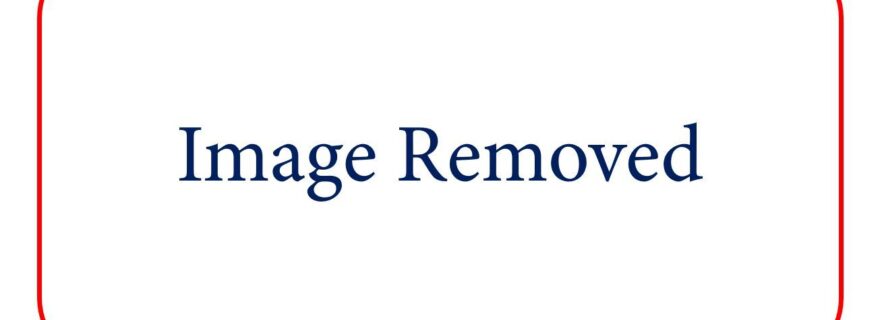The future of the police
New developments within societies create a complex patchwork of control and therefore a renewed mission for the public police.
Associate professor Crisis- and Security Management Elke Devroe organised a conference on the ‘Future of the Police’ in the Centre for Policing & Security, a partnership with the Society and Security Foundation (Stichting Maatschappij en Veiligheid, SMV) in Ghent, Belgium on February 5, 2015.
New societal challenges such as the aging of society, environmental issues within society, trends in urban development, new family structures, migration, ‘horizontalisation’ (a decrease in hierarchy, also in power relationships) and media coverage (growth and impact of social media) are of great importance for the future of the police. Questions such as 'are there any new and different demands on police officers in terms of necessary knowledge, new skills, attitudes, future capabilities?’ and ‘Is there a need for a renewed vision for the police, not only internally but also in relation to partners in the plane of the security?’ were addressed in this conference.
Elke Devroe outlined in her lecture ‘Management in European cities: a complex patchwork’ the results of an international study in European cities to the complex mode of governance through plural policing. Increasingly other actors (private police, special inspection, intelligence, not state police supervisors and civic associations) shall monitor and control the public spaces, whether or not under the control of the mayor. This produces a complex patchwork of control and a renewed mission for the public police.
These and other findings were compiled in the book [in Dutch] ‘The Future of the Police’, Cahier Police Studies No. 33, for which Elke Devroe acted as chief editor.


